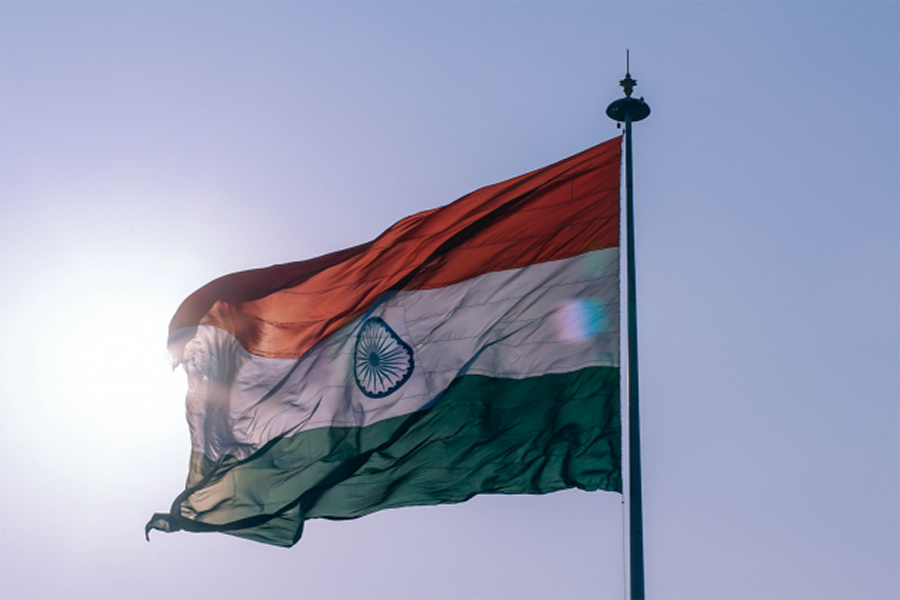The following letter to the editor, written by HAF Board of Advisors member Vishal Agarwal, providing commentary on the Saint Paul city council’s pending Resolution 20-712 was submitted to the Star Tribune on May 7, 2020.
As a resident of Minnesota for more than 20 years, I am astonished that, in the midst of the still-raging coronavirus pandemic, the St. Paul City Council has chosen to table Resolution 20-712, needlessly bringing divisive international politics to our city and that too on the basis of faulty and one-sided information.
The initial draft of this resolution alleges that the recent riots in Delhi consisted solely of Hindu mobs wantonly lynching Muslims — even though Hindus and Sikhs lives too were lost at the hands of Muslim mobs — and that the Government of India is about to strip citizenship from its 200 million Muslims through the Citizenship Amendment Act, the National Population Register and the National Register of Citizens.
What the CAA does is nothing like Resolution 20-712 claims.
The fact of the matter is that CAA expedites citizenship for six minority religious communities fleeing well-documented and persistent persecution in Afghanistan, Bangladesh, and Pakistan and who have been living as stateless people in India for some time. It has no effect on current citizens of India, regardless of religion. It does not prohibit immigration to India by Muslims of any nation applying through normal channels, full stop.
The Resolution also blatantly fails to understand that the National Population Register (NPR) has nothing to do with citizenship per se, instead being just a census carried out every decade, for the past century and a half.
As for the National Register of Citizens (NRC), it is still not defined and was implemented only reluctantly by the Indian government in a single state, due to a directive by the Supreme Court of India after a petition was filed when the Congress Party (the previous government) was in power.
In short, a national NRC does not really exist.
And it strains credulity to imagine a scenario where the Muslim population of India — all 200 million of them — are stripped of citizenship due to not being able to produce birth certificates and other documentation that many Indians do not possess, regardless of religion, including my well-educated, middle class parents.
Instead of antagonizing India, the largest democracy in the world with secularism strongly enshrined in its constitution, a better use of the city council’s time would be to examine why members of minority religious communities are being forced to flee neighboring nations.
Furthermore, the secretive way in which Resolution 20-172 was introduced is deeply problematic.
The Resolution claims to speak up for the South Asian community. I am an active volunteer for several broad-based community organizations, Indian and Hindu, and few of my contacts were aware of the resolution and those who were aware had their concerns brushed aside. Rather, the city council relied, apparently, on just two Muslim organizations to draft the resolution. Excluding South Asian Hindus, Sikhs, Jains, Christians, Jews, Buddhists, Zoroastrians, and Baha’is from this process nullifies any claim that the resolution is speaking for local South Asians as a whole.
There are 50,000 people of Indian origin in the Twin Cities. Resolution 20-172 creates an unnecessarily hostile environment for Hindus here, and now we’re forced to dispel the many untruths and stereotypes the St. Paul City Council has perpetuated.
I hope that the city council, rather than wading into an arena of geopolitics it clearly knows little to nothing about, focuses on ensuring a brighter future for all Minnesotans.
About the Author: Vishal Agarwal is a member of the Advisory Board of the Hindu American Foundation and on the Trustee Executive Council of the Hindu Society of Minnesota.






































